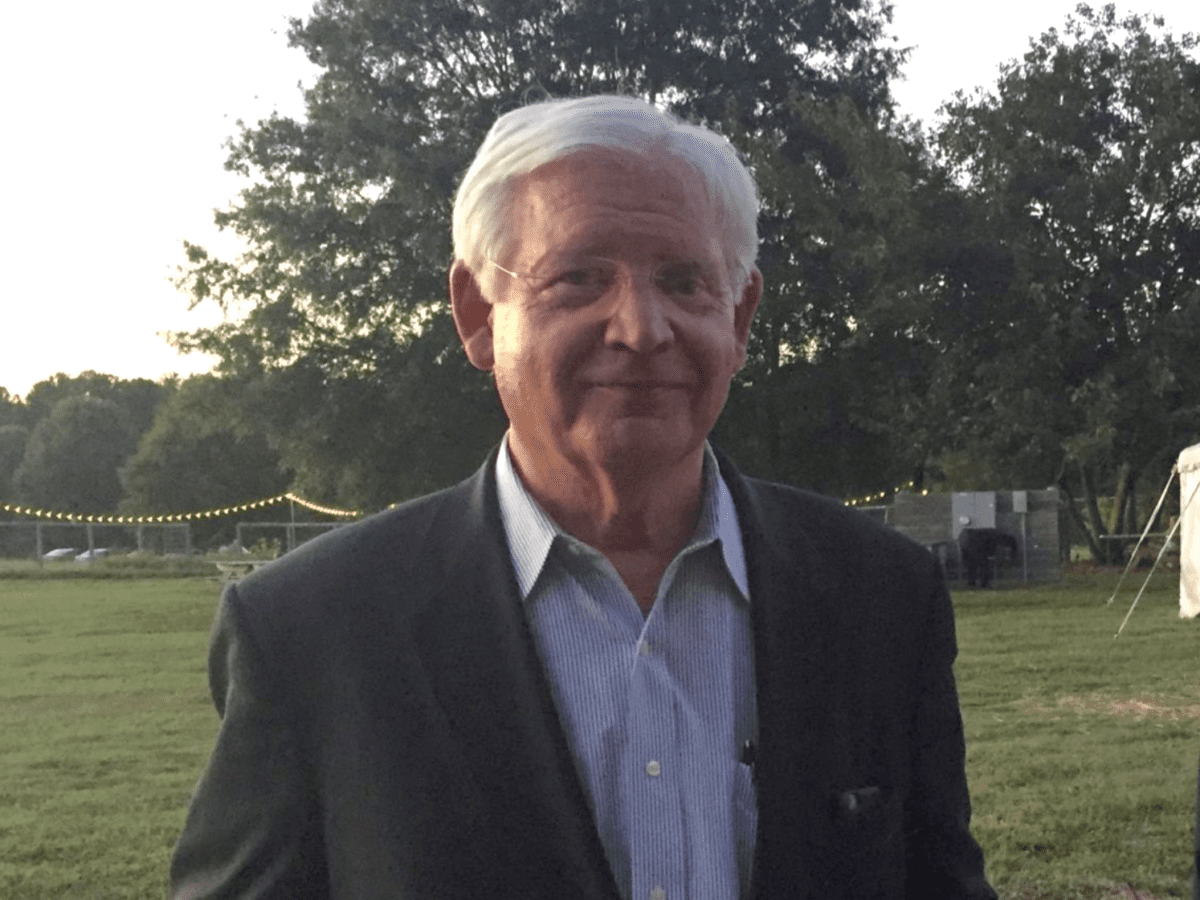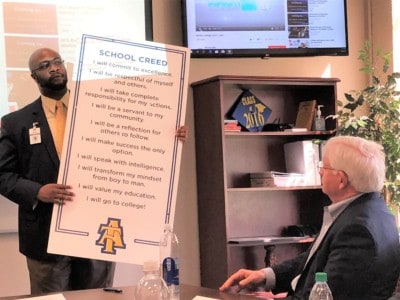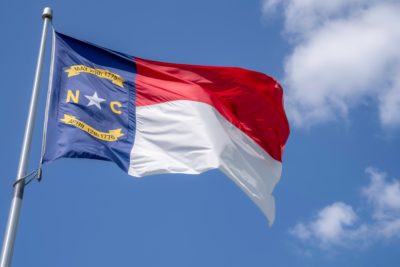

Gerry Hancock, my friend and collaborator in creating EducationNC, often turns to a Margaret Mead maxim to encourage people to strive to make a difference in their state and communities. “Never doubt that a small group of thoughtful, committed citizens can change the world,” said Mead, a prominent 20th century anthropologist. “Indeed, it’s the only thing that ever has.”
Gerry quoted Mead again last weekend when he received the Peabody Award given by the School of Education of the University of North Carolina at Chapel Hill. The award recognizes “a sustained and significant commitment” to improving education, and Gerry rightfully belongs on the roster of distinguished recipients.
Among the previous recipients are Gov. Jim Hunt; UNC President William Friday and his wife Ida; Thomas W. Lambeth and Maurice “Mo” Green, both of whom served as executive director of the Z. Smith Reynolds Foundation; UNC basketball coach Dean Smith and his wife Linnea; educator Dudley Flood and attorney Julius Chambers, both key figures in school desegregation.
Gerry, who is a partner in the Everett Gaskins Hancock law firm in Raleigh, has served since 1991 as legal counsel to the Low Wealth Schools Consortium. Meshing his profession and his passion, he has played an instrumental role in the Leandro case, which resulted in a state Supreme Court ruling establishing the right of every child in North Carolina to access to a sound basic education.
Three years ago, when the N.C. Justice Center honored Gerry as a “champion of justice,” I wrote about his career accomplishments in the context of Alexis de Tocqueville’s observation in the 1830s that a distinctive feature of American democracy was the prolific organizing of non-governmental “public associations in civil life.” The young French traveler wrote that “Americans of all ages, all conditions, and all dispositions constantly form associations…religious, moral, serious, futile, general or restricted, enormous or diminutive.”
Gerry served as founding board chair of EducationNC for seven years until a reorganization of the governance structure resulted in a rotating leadership system. Now he continues to serve EdNC on its Strategic Council.
Over the course of his career, Gerry had previously served as founding board chair of the North Carolina Center for Public Policy Research, the Public School Forum of North Carolina and the North Carolina Biotechnology Center. He also had leadership roles in founding the Rural Center of North Carolina and the Innovation Project, a collaborative of 25 public school districts.
Several thoughts about the fabric of North Carolina emerged from reflecting on Gerry’s career and listening to spirited remarks by Education Dean Fouad Abd-El-Khalick, as well as by Dr. Jackie Relyea and Dr. Kristal Clemons, both UNC doctoral graduates who won alumni awards. Relyea, an assistant professor of literacy education at N.C. State University, led the development of the online Wolfpack Readers tutoring program. Clemons serves as national director of the Children’s Defense Fund Freedom Schools.
North Carolina’s attractiveness to business and to in-migrants has much to do with the strength of its universities. But, of course, higher education is not only about economic development but also about addressing societal needs through hands-on service and public policy.
Gerry attended public elementary, middle, and high schools in Charlotte, and he earned his law degree from Duke University. Clearly his undergraduate years in Chapel Hill amid the tumult of the early 1960s left its lasting imprint. The national reputation of UNC-Chapel Hill, in particular, rests heavily on its legacy of shedding light on North Carolina and the South — and sending out public spirited alumni like Gerry Hancock.
But neither Gerry nor anyone else who aspires to form associations to enhance society can succeed without another important component in the fabric of North Carolina — the informal network of corporate, foundation, and individual grantmakers, large and small, who supply the funding to sustain nonprofits. The so-called “third sector” — as distinct from the public and private sectors — can fill gaps, initiate pilot efforts, do research, and take risks that government and corporations would not shoulder.
To make democracy work takes government, takes civil associations, takes public education, takes individuals with initiative — and, as Gerry pointed out in his remarks upon receiving the Peabody Award, it takes time and unflagging persistence. Yes, Leandro is an exceptionally long-running case and remains in contention. Still, he said, North Carolina goes forward with a constitution-rooted ruling giving “a clear, soaring right that belongs to every child.” And he added, “Breathing life into our constitution is a long-term project.”




